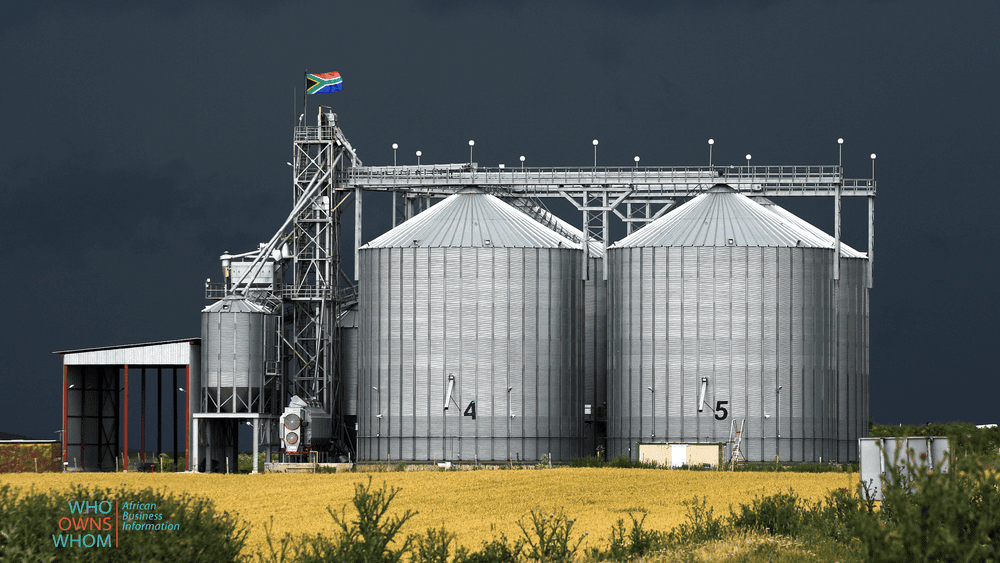Ethiopia
Ethiopia has the second largest population on the continent after Nigeria, of 155 million people.
Its economy grew by 6.1% in 2020, down from 8.4% in 2019, largely because of the pandemic. Growth was led by the services and industry sectors, but the hospitability, transport, and communications sectors were affected by the pandemic and related restrictions. Total public spending was stable and the country has a relatively low budget deficit of 2.7%. Inflation reached 20.6%, well above the 8% target, in 2020, due to supply chain disruptions and expansionary monetary policy as a result of the pandemic. Export revenues increased by 12% in 2020, largely from exports of gold, flowers, coffee, and chat, also widely known as khat, a plant-derived stimulant. Imports declined by 8.1%. This helped narrow the current account deficit to 4.4% in 2020 from 5.3% in 2019. Foreign direct investment fell 20% to 2.2% of GDP. GDP is forecast to grow by 8.7% in 2021/2022.
The Ethiopian government wants the mining sector to increase its contribution to GDP from less than 1% to 10% by 2030. In 2019, the government developed a draft policy document that proposed giving incentives to companies that produce construction minerals and minerals used in agriculture, such as potash. Most minerals are produced by artisanal miners, but the country wants to attract foreign mining companies to develop its mining sector. The government has reduced the royalty rate on precious metals from 8% to 7%, and is using international organisations to assist it with the formalisation of the artisanal mining sector.
The mining sector is one of the five sectors identified in the Home-grown Economic Reform Agenda that was developed to transform Ethiopia into a lower-middle income country by not later than 2030. Plans to modernise the federal and regional mineral licensing systems, reform the sector’s legal framework and improve mining policies are included in the agenda. A material deterrent to future FDI is the launch of an offensive by the prime minister Abiy Ahmed against rebel forces in the northern Tigray region in 2020 which has led to led to thousands of deaths and displaced 1.7 million people.
Contact us to access WOW's quality research on African industries and business
Contact UsRelated Articles
Blog Public administration and defence compulsory social security
South Africa’s defence capability, performance, partners and rising global risks
Contents [hide] The Russia-Ukraine war is demonstrating how agile, technology-driven warfare dominated by drones, missiles and precision systems is starting to undermine traditional on-the-ground troops and heavy equipment. South Africa’s...
Blog Manufacturing
The power of the mill: Food security and the evolution of South Africa’s grain sector
Contents [hide] Flour and grain mill products are central to food security and the backbone of the agro-processing ecosystem. Grains are a critical input for baking, brewing, animal feed, and...
BlogCountries South Africa
Digital disruptors and bold innovators are reshaping South Africa’s banking sector
Contents [hide] The banking industry in South Africa has always had an excellent reputation, both locally and internationally, with a total asset base of approximately R8.2tn, which is larger than...





